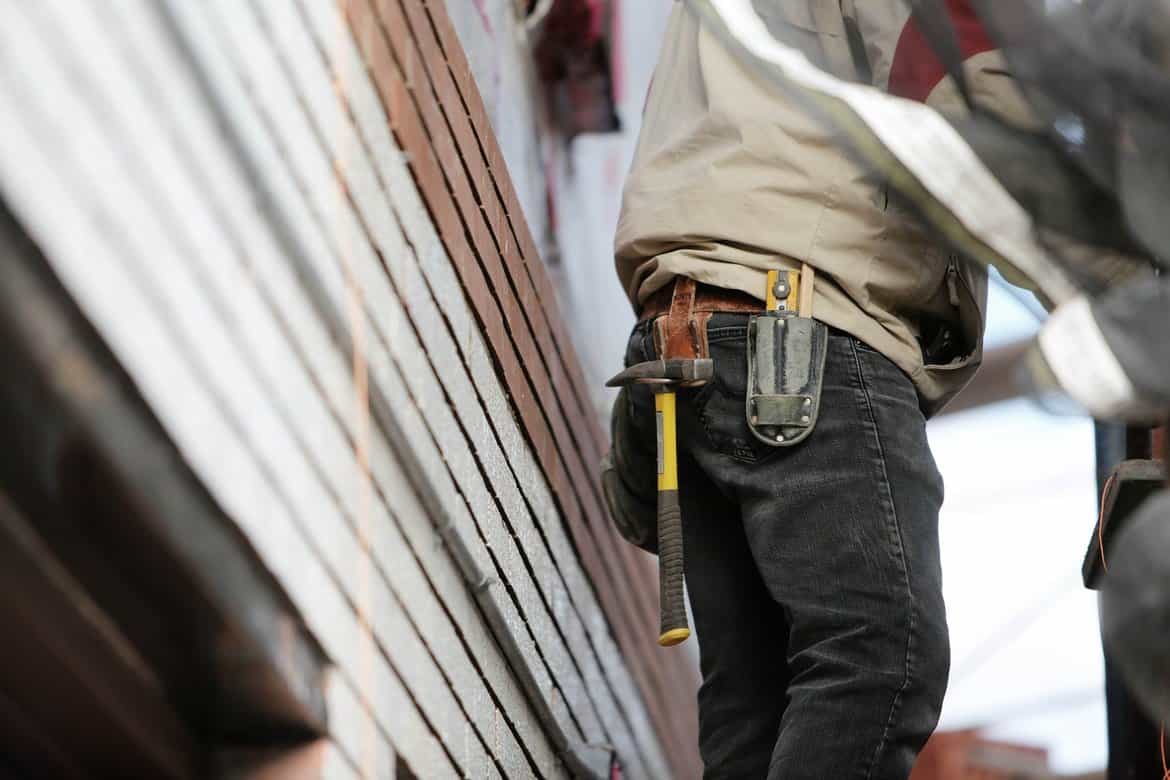As local carpenters in the London area with years of experience, it can be easy to take the carpentry process and the industry for granted. But aware that not everyone has spent years creating bespoke furniture and storage solutions, we thought we’d take the opportunity to share some of our experience in the industry.
We’ll also be answering some of the most common questions about working in the carpentry industry including, are local carpenters still in demand?
So whether you’re already a trained carpenter, you’re considering getting into the business or you’d just like to know more about what goes into the carpentry process, this one is for you.
Reasons local carpenters are still in demand
With the likes of IKEA, Furniture Village, Dunelm and Habitat you’d be forgiven for thinking that big retailers have dominated the furniture landscape. However, bespoke furniture and carpentry services are still very desirable and in demand (though admittedly, the industry goes through peaks and troughs depending on the current state of the economy).
Some of the key reasons why local carpenters are still in demand are:
- Store-bought furniture doesn’t always fit perfectly in your home, for example, tricky spaces like loft conversions require custom-built solutions to maximise the space
- You could be limited by styles, colours and designs when looking for store-bought furniture
- Bespoke solutions can be designs exactly to a client’s specifications and to perfectly match the style of their home or office
- More personal carpentry services can lead to better customer satisfaction rates

What to expect if you are in the industry
Success in the carpentry industry will be set by your drive and determination as much as an ability to work with plans, take accurate measurements, your attention to detail and your dexterity and craftsmanship.
The ability to succeed will also depend on the quality of the tools and equipment you use. A vehicle is also a must in most cases as this helps to get around and is a place to store and transport your tools. Other important things to know include:
Skills required
The skills required for carpentry and joinery are varied depending on the role. These can start from a basic apprenticeship gained as a joiners ‘mate’ on construction sites to many years of learning skills as a designer and craftsman.
More entry-level positions known as site carpenters (chippy), work on building sites both commercial and domestic. They will provide services ranging from stud partitioning walls to roofing, flooring, staircases, windows, patio decking and more!
In more intermediate positions carpenters may be fitting bespoke joinery items like interior fittings for bars, restaurants and offices as well as kitchens and storage wardrobes.
At the highly skilled end, those who are fully qualified with plenty of experience are the furniture makers, creating high-quality items either bespoke handmade or factory produced finishers.
Career progression
The industry offers plenty of room for progression. With suitable qualifications and within an established company, skilled carpenters could be supervising, project managing, estimating, buying, training and more.
With years of experience, you could also start your own business. This is probably the best way to make the most money but is also the highest level of commitment and not without risks.
Salary
As for income, carpentry covers a range of skills so it all depends on your aspirations and where you see your level of ability.
Whilst training you could expect between £15k and £18k a year. This goes up to £40k to £48k as a skilled employee with several years of experience and up to £50K+ as you progress into management positions.
But of course, if you’ve established your own company, your salary and profit will be down to your business acumen and your drive, determination and motivation.
Risks and rewards
Lastly, let’s take a quick look at the risks and rewards. Unfortunately, the job is not without its risks, some of the biggest issues include:
- Wood dust causing skin disorders, nasal problems or asthma
- Resins used to bond man-made boards together contain formaldehyde which is a carcinogenic
- Physical work can take its toll on the body over time
That being said, the industry comes with some huge rewards, being able to create and design bespoke furniture solutions that clients love.

